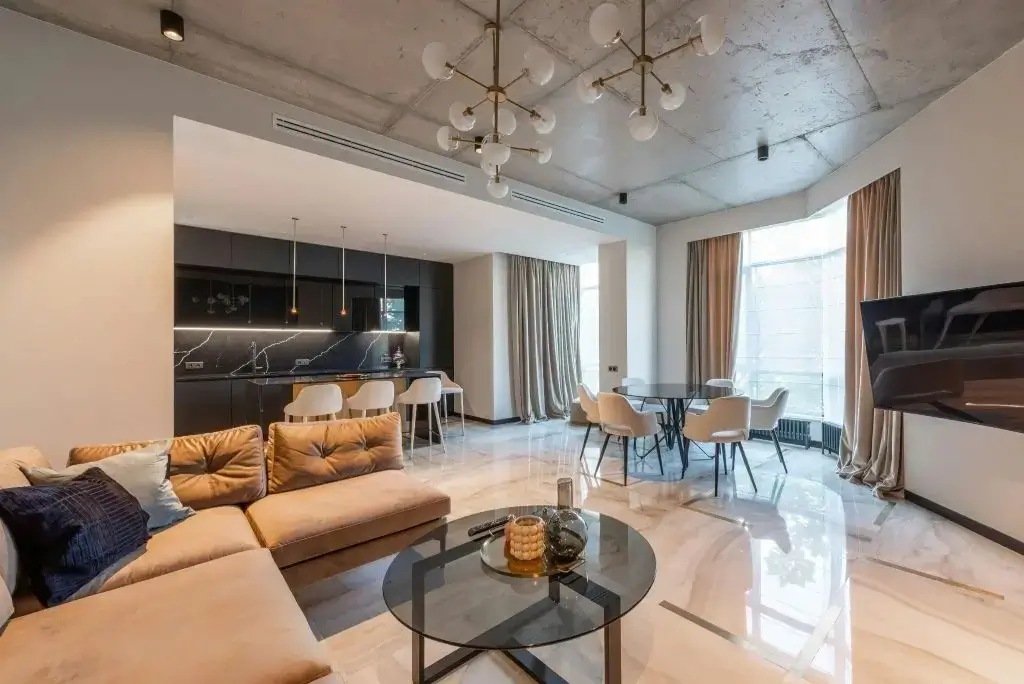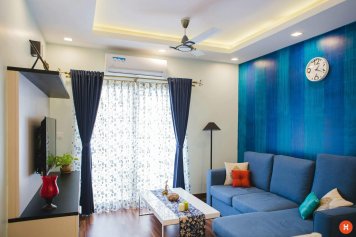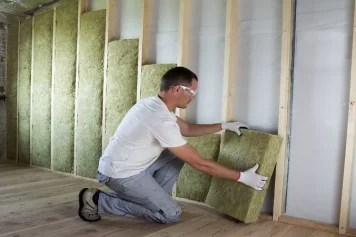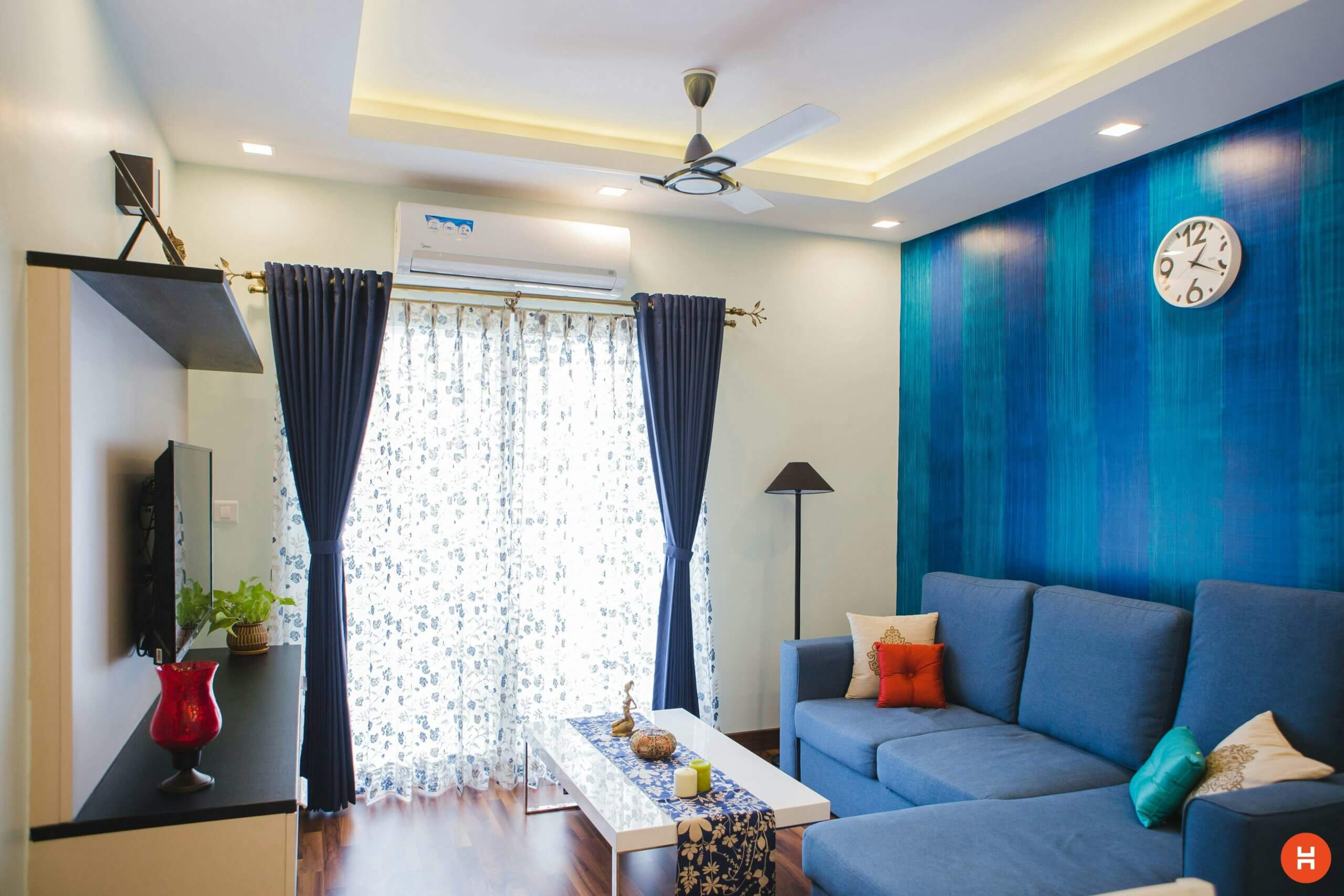Planning a thermal renovation ? You’ve come to the right place! Building energy consumption accounts for 44% of national consumption in France. Poorly insulated homes generate significant greenhouse gas emissions. This is why the Ministry of Ecological Transition is encouraging these renovations.
Thermal insulation is the top priority for any project. It primarily involves insulating attics and walls. Replacing your heating system is the next priority. A modern heat pump cuts your consumption by a factor of three.
France Rénov’ offers attractive financial assistance for this work. The zero-interest eco-loan finances up to €50,000 of work. The energy transition tax credit covers 30% of eligible expenses. These programs make energy renovation of homes accessible to all.
Reno , a company specializing in Parisian renovations, has been supporting your projects since 2010. Our team primarily works on apartment and house renovations. We are fully conversant with the constraints of apartment renovations in Paris in older buildings.
This guide details the most effective ways to improve your energy performance. You’ll discover the costs, available assistance, and optimal planning. The goal: maximize your energy savings while staying within your budget.
The most effective thermal renovation work to save energy
Energy renovation work follows a specific logic. Some projects offer a better return on investment than others. Here, we detail the priority interventions for your home’s energy efficiency.
Thermal insulation: the absolute priority
Attic insulation is the first area to address. This intervention immediately reduces your heat loss by 30%. Unused attic space can be easily treated by blowing in mineral wool.
Thermal insulation of the walls follows this first step. This can be done from the inside or the outside, depending on your budget. Exterior insulation is more expensive but avoids thermal bridges. This technique also preserves your interior living space.
Floor insulation completes this energy efficiency approach. Low floors above a basement lose a lot of energy. Our Paris renovation company regularly carries out this type of insulation work. We see immediate energy savings after these interventions.
Modern insulation materials offer excellent performance. Rock wool, cellulose wadding, and polyurethane are suitable for all substrates. Each material offers specific advantages depending on your energy renovation project.
Replacement of joinery and windows
Old windows generate up to 15% of heat loss. Modern double glazing reduces this loss by a factor of four. Triple glazing is ideal for colder climates and passive houses.
Insulated shutters effectively complement this improvement in thermal comfort. They create an additional barrier against the winter cold. Interior thermal blinds also offer an economical and efficient solution.
Completely replacing your window frames transforms your energy consumption. This renovation work also improves the airtightness of your home. Better airtightness prevents unpleasant and costly drafts.
Modernization of the heating system
The air-to-water heat pump is the most economical heating solution. It consumes three times less electricity than conventional electric heating. This technology uses the calories present in the outside air to heat your home.
Gas condensing boilers achieve exceptional efficiencies. They recover the heat contained in combustion fumes. Their energy efficiency exceeds 90% compared to 70% for older boilers.
Pellet stoves are attracting more and more homeowners. They combine autonomy, ecology, and substantial savings. Wood remains the least expensive heating energy on the French market.
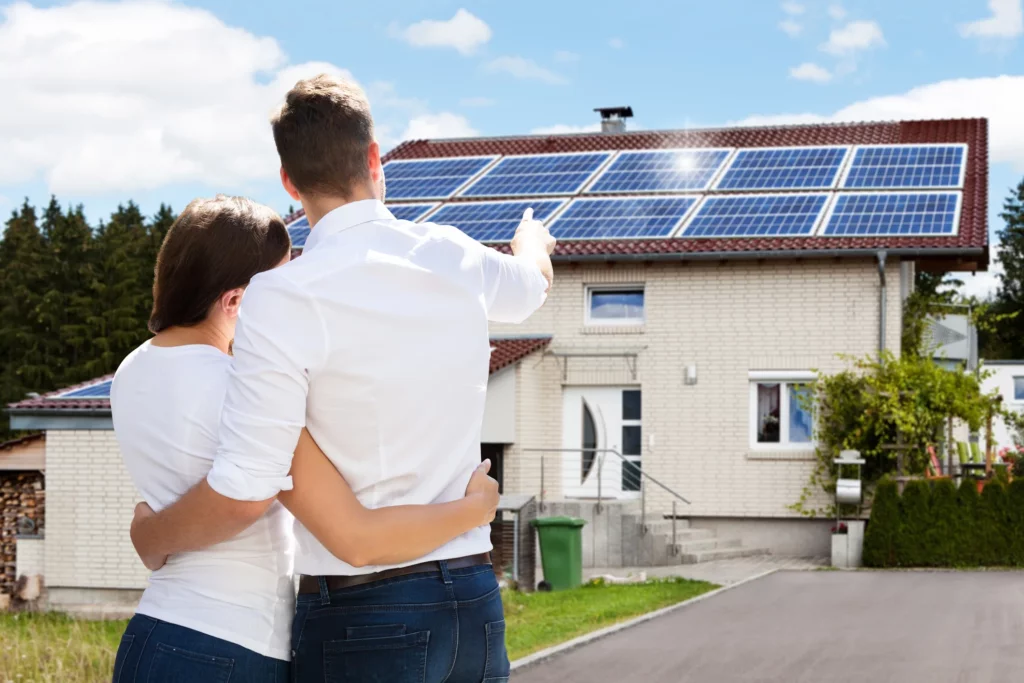
How much does energy renovation work cost ?
Budget is a concern for all homeowners looking to renovate. Prices vary considerably depending on the nature and scope of the energy renovation work. Here, we detail the average costs observed on the market.
Price of the main insulation works
Blown-in attic insulation costs between 15 and 25 euros per square meter. This simple and quick technique pays for itself in less than 5 years. Insulating convertible attics requires a larger budget, between 40 and 60 euros per square meter.
Internal wall insulation starts at 30 euros per square meter. External insulation represents an investment of 80 to 120 euros per square meter. This difference is explained by the technical complexity and the necessary exterior finishes.
Floor insulation costs between €25 and €50 per square meter. The price depends primarily on the accessibility of the area to be insulated. Crawl space floors cost less than slabs on solid ground.
Several factors influence the final cost of your insulation work. The surface area to be treated, the building’s layout, and the choice of materials significantly affect the budget. Tax-deductible renovation work, however, can significantly reduce these investments.
Budget for heating and ventilation
Installing an air-to-water heat pump requires a budget of €8,000 to €15,000. This price includes supply, installation, and full commissioning. Geothermal heat pumps are more expensive but offer better performance.
A dual-flow CMV system represents an investment of 3,000 to 8,000 euros depending on the surface area. This system recovers heat from stale air to preheat fresh air. It significantly improves indoor air quality and reduces heating requirements.
Our renovation company constantly optimizes the costs of this equipment. We negotiate directly with manufacturers to obtain the best prices. This approach directly benefits our customers in Paris and the Île-de-France region.
Return on investment for thermal renovations
Energy savings generated by complete insulation reach 40% of bills. A poorly insulated 100-square-meter house consumes €2,000 of energy annually. After energy renovation, this bill drops to €1,200 per year.
The payback period varies depending on the work carried out. Attic insulation pays for itself in 4 to 6 years. Replacing an old boiler requires 8 to 12 years to be profitable.
Property valuation offsets part of the initial investment. An energy-efficiently renovated home sells for 10 to 20% more. Energy performance certificates (DPE) now have a significant impact on sales prices.
Financial aid and subsidies for your renovation work
The French government is massively encouraging the energy renovation of buildings. Several financial aid schemes significantly reduce the cost of the work. These subsidies make even the most ambitious energy-efficiency projects accessible.
MaPrimeRénov’ and its eligibility conditions
MaPrimeRénov’ has replaced the energy transition tax credit since 2020. This direct aid finances up to 90% of your energy renovation work. The amount granted depends on your income and the nature of the work.
Low-income households receive the highest amounts. An air-to-water heat pump can be subsidized up to €4,000. Attic insulation receives a grant of €25 per square meter.
All owner-occupiers can benefit from financial assistance with MaPrimeRénov’. Landlords have also had access to this scheme since 2021. Condominiums can apply for MaPrimeRénov’ Copropriété for their shared renovations.
Other energy renovation assistance schemes
The zero-interest eco-loan finances up to €50,000 of work interest-free. This zero-interest loan is available without any means testing. It is repaid over a maximum of 15 years, depending on the amount borrowed.
The reduced VAT rate of 5.5% automatically applies to eligible work. This reduction applies to all materials and labor. It represents a substantial saving on your final energy renovation bill.
Energy savings certificates (ESCs) complement these public programs. Energy suppliers finance part of your insulation work. These energy bonuses can be combined with MaPrimeRénov’ and the eco-loan.
Our renovation company will assist you with all these administrative procedures. We prepare your grant application files and monitor their progress. This assistance saves you time and maximizes the benefits of your grants.
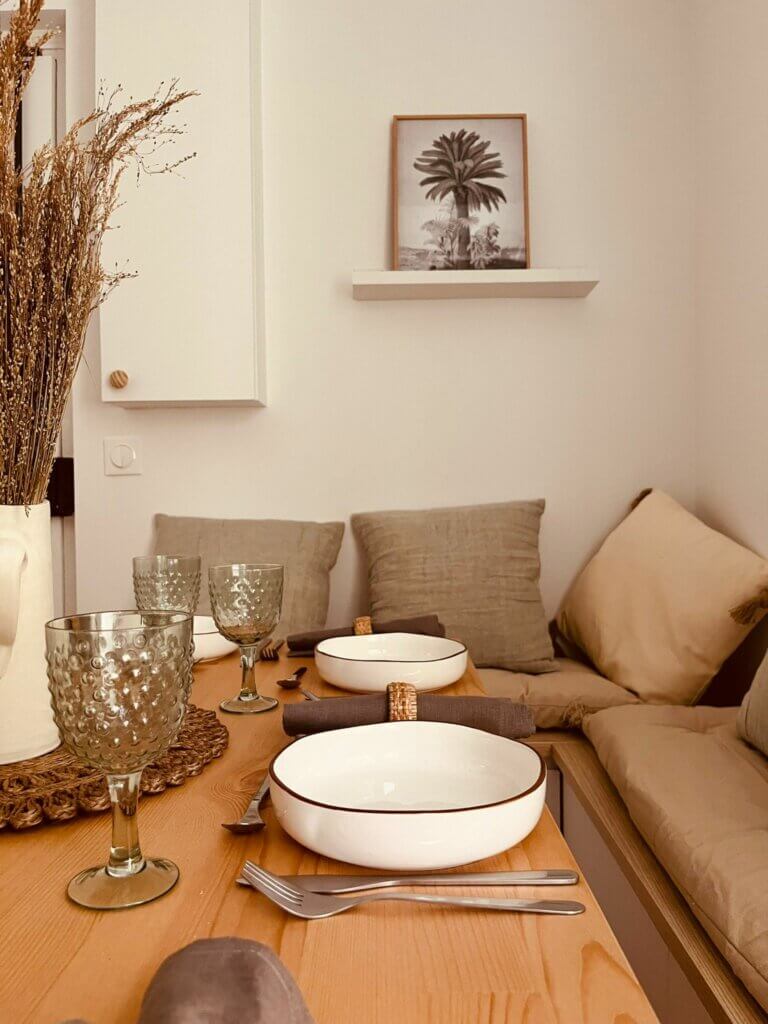
How to effectively plan your thermal renovation work?
The success of your energy renovation plan depends on careful planning. A methodical approach avoids costly mistakes and optimizes your investment. Here, we detail the key steps to successfully complete your project.
Carry out a preliminary energy audit
The energy performance diagnosis (DPE) is the mandatory starting point. This document precisely identifies the areas of heat loss in your home. It classifies your property from A to G according to its annual energy consumption.
A thorough energy audit is a useful complement to this initial assessment. A qualified thermal engineer examines each element of your thermal envelope. They use a thermal imaging camera to detect thermal bridges that are invisible to the naked eye.
This analysis determines the priorities for your home’s energy renovation. It also quantifies the expected energy savings after the renovation. Our renovation company systematically conducts these audits before working on Parisian apartments.
Recognized Environmental Guarantor (RGE) professionals possess the necessary technical skills. They have a thorough understanding of the specifics of energy efficiency in older buildings. Their expertise guarantees the relevance of the solutions proposed for your home’s energy efficiency.
Prioritize work according to its effectiveness
The 80/20 rule applies perfectly to thermal renovations. 80% of energy savings come from 20% of the work carried out. This logic guides the optimal sequencing of your energy renovation projects.
Thermal insulation always comes first. It addresses the main cause of heat loss before upgrading equipment. This approach avoids costly oversizing of the new heating system.
Replacing the woodwork follows this initial insulation phase. This work improves airtightness and reduces parasitic infiltration. It also prepares for the installation of a high-performance ventilation system.
Heating system upgrades are the last step in the renovation process . This sequence respects the building’s thermal logic. It also maximizes your overall return on investment.
Choosing the right RGE professionals
RGE certification is a prerequisite for obtaining all public financial aid. Only these qualified craftsmen can carry out your eligible energy renovation work. This qualification guarantees their technical skills and ongoing training.
There are several key questions you can ask when selecting your contractors. Ask for their recent references on projects similar to yours. Also check their professional insurance and ten-year warranty.
Detailed quotes demonstrate the professionalism and expertise of professionals. They specify the materials used, their performance, and the implementation techniques. These contractual documents legally bind the craftsmen to their services.
Our expertise in site coordination greatly facilitates these complex projects. We rigorously select all our craft partners according to strict criteria. This quality approach directly benefits our clients in Paris and the Île-de-France region.
Thermal renovation in co-ownership: specificities and solutions
Co-ownerships represent 60% of the French collective housing stock. Energy renovation of buildings requires a specific and collective approach. Decisions are made at general meetings according to precise rules.
Work on common areas
External thermal insulation radically transforms a building’s energy performance. This technique effectively addresses all thermal bridges in the facade. It also improves the aesthetic appearance and value of the property.
Replacing your central heating system generates substantial savings. A new, modern boiler room consumes 30% less energy than older equipment. A central heat pump is often the most economical solution.
The decision-making process at the general meeting follows strict rules. Improvement projects require a simple majority of the co-owners present. Major renovation projects sometimes require an absolute majority, depending on their nature.
Energy renovations in co-ownerships and the available aid significantly simplify financing. MaPrimeRénov’ Copropriété finances up to 25% of collective work. This aid is combined with individual subsidies for each co-owner.
Solutions for private areas
Interior insulation is still possible even in co-ownership buildings. This solution is ideal for apartments overlooking a courtyard or garden. It does not affect the building’s exterior appearance and does not require any collective authorization.
Replacing individual windows significantly improves thermal comfort. In most cases, this work does not alter the overall appearance of the facade. It generally complies with existing co-ownership regulations.
Our specialized approach is perfectly suited to the constraints of Parisian condominiums. We are familiar with the specific regulations governing Haussmannian buildings. This technical expertise helps avoid neighborhood conflicts and administrative complications.
Mistakes to avoid during energy renovation work
Certain mistakes seriously compromise the effectiveness of your home energy renovation. These technical blunders generate significant additional costs and lasting damage. A preventative approach avoids these costly and frustrating pitfalls.
Ventilation deserves special attention during any insulation work. A tight house without proper ventilation quickly develops moisture problems. A dual-flow CMV becomes essential after complete reinforced insulation.
Unintentional thermal bridges partially negate the benefits of thermal insulation. These design flaws create areas of condensation and mold. They also increase your energy consumption by 10 to 20%, depending on their severity.
Airtightness directly affects the final energy efficiency of your home. Parasitic air leaks significantly reduce the performance of your insulation. A blower door test objectively verifies the quality of this delicate work.
The choice of materials must respect the characteristics of the existing building. Some modern insulation materials are incompatible with old stone walls. This incompatibility causes structural problems and building pathologies.
Our fifteen years of experience allow us to anticipate these technical difficulties. We systematically advise our clients on best renovation practices. This preventative approach avoids defects and guarantees the durability of the work carried out.
Environmental impact and energy performance after renovation
Energy renovation radically transforms the environmental impact of your home. It massively reduces your annual greenhouse gas emissions. This responsible approach actively contributes to the fight against global warming.
A renovated home reduces its CO2 emissions by three. This reduction is equivalent to removing several cars from the road. The Ministry of Ecological Transition strongly encourages these civic-minded and ecological initiatives.
Improving thermal comfort goes far beyond simple energy savings. You benefit from a consistent temperature throughout your rooms. Cold walls and drafts are a permanent part of your daily life.
Real estate appreciation offsets a significant portion of your initial investment. A home rated A or B in the DPE sells for 15% more. This real estate appreciation is accentuated by the new thermal regulations in force.
Our clients regularly express their satisfaction after our thermal renovation projects. They immediately notice a reduction in their energy bills. Their quality of life improves significantly thanks to the improved thermal comfort achieved.

